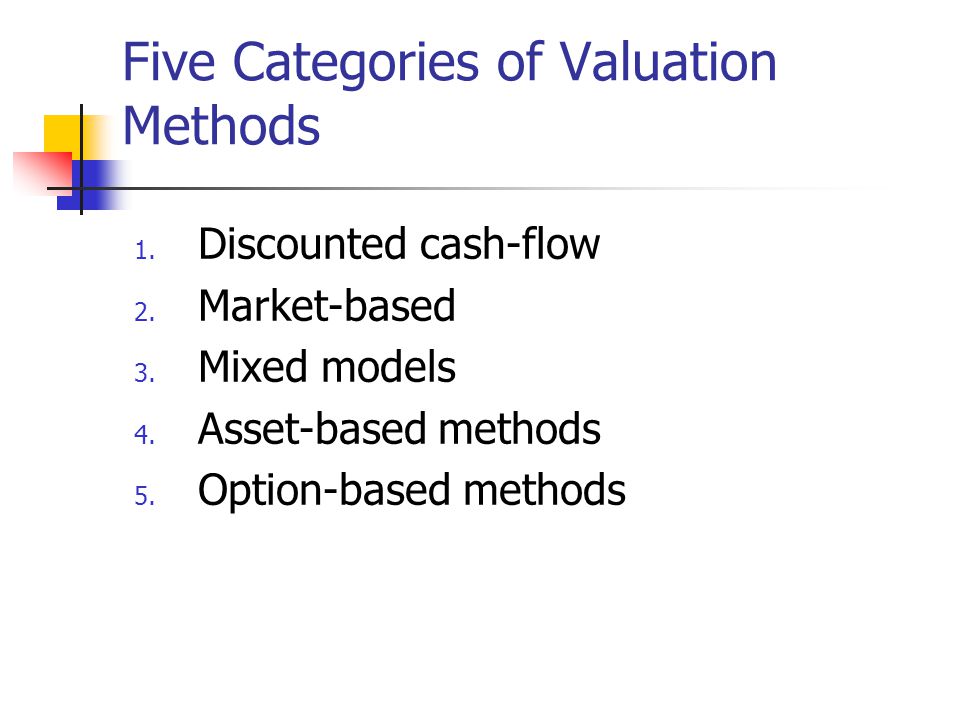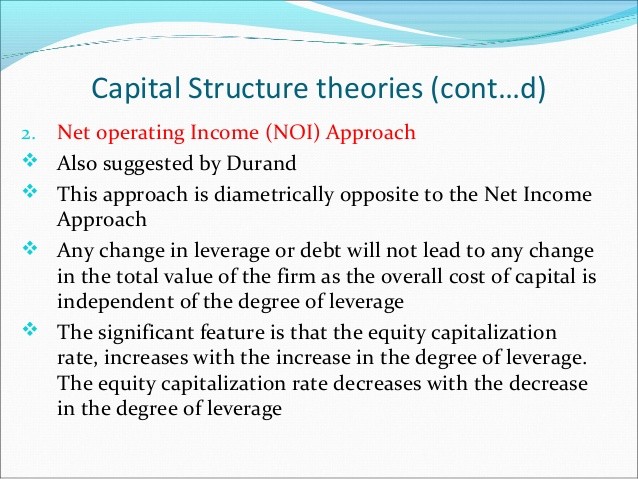
testing post
November 23, 20158 Tips for Eco-Friendly Deep Cleaning You Need to Know About
March 2, 2021What is the Difference between Insolvency & Bankruptcy? Corporate Law Guide


Businesses or organizations often use accounts to track these sundry credit transactions. These accounts are often known as sundry creditor accounts or accounts payable. Usually, companies or businesses maintain a general ledger account to record these transactions. It is justified or beneficial for customers who purchase goods or services in larger volumes but vice versa, it is not recommended. Sundry creditors meaning refer to those organizations or people who sell goods or services in small quantities to companies, businesses, or organizations on a credit basis.

Going down for bankruptcy became the preferable choice than that of taking a loan from banks that used to be the most common credit culture. Nowadays, it is a common practice of a corporation or person to go for bankruptcy for their outstanding debt solutions. In the case of Swiss Ribbons, the Supreme Court specifically evaluated whether or not it violated Article 14 of the Constitution by not having organisational creditors represented on the CoC. The Bankruptcy Law Reforms Committee’s (hereafter “BLRC”) report, the predecessor to the IBC, served as the foundation for the Supreme Court’s reasoning for the exclusion of operating creditors from the CoC. A resolution plan’s viability could be assessed by financial creditors since staff members were qualified to do so, according to the BLRC.
Automate your GST Compliances with Masters India
Any counter-indemnity duty relating to a bank or financial institution’s guarantee, indemnity, bond, documented letter of credit, or other instrument. The amount of any liability related to a lease or hire purchase agreement that is deemed a finance or capital lease under the Indian Accounting Standards or such other accounting standards as may be prescribed. Let us briefly describe the key differences between Financial creditors and Operational Creditors.
What is the difference between debtors and receivables?
Receivables are the rights of companies or individuals to a sum of money from sales transactions. In obtaining their rights, the company or individual as a creditor (the debtor) provides a due date to the debtor (the debtor) to be able to pay off the debt.
As per the reports submitted by ICRA, out of 2542 cases admitted under the Insolvency and Bankruptcy code, 1497 are still ongoing in the courts. There is no particular definition of voluntary bankruptcy, but precisely it is bankruptcy declared upon petition of the debtor. In voluntary bankruptcy, the debtor himself goes for bankruptcy when there is a financial distress and has a reason to believe that he won’t recoup from such debt. Additionally, OCs are typically not interested in the company’s revival but are eager for its liquidation.
Difference between net and gross working capital is critical for an investor in assessing an organisation’s operational efficiency. Suppose, a company’s books show trade receivables to be Rs.3 lakh, inventory as Rs.5 lakh, cash and cash equivalent as Rs.2 lakh. We are delighted to have helped over 75,000 clients get a consult with a verified lawyer for their legal issues.
EMPANELMENT OF ADVOCATES IN UCO BANK
The BLRC posits that since financial creditors can assess a plan’s effectiveness and viability, they will do so and base their choice to approve or reject a plan primarily on those considerations. According to the Bankruptcy Law Reforms Committee in Paragraph 5.2.1 of its final report, a financial creditor is a person whose connection with the entity is entirely connected to financial transactions, such as a loan or debt security. An operational creditor, on the other hand, is an individual whose liabilities to the company take the form of future payments in exchange for already delivered items or services. While sundry debtors refer to those people who owe money or debts to organizations or businesses.
- Similar to the difference between promissory notes and bill of exchange, there are numerous crucial topics in the standard 10 + 2 curricula for commerce students.
- Insolvency is a financial state where a person cannot meet debt payments on time.
- When company KK sells goods to company AI on credit, KK is the creditor, and AI is the debtor.
- We have defined debtors and creditors in simple terms initially, we now have additionally explained them in more detail and in the context of companies and firms as well additional down within the article.
Failing to pay debts can build mental distress and sickness as a whole, which needs a remedy for the proper functioning of a company and the individual and defend the rights of those who provide debt. In contrast to operational creditors, who are excluded from the committee of creditors, financial creditors have voting rights and are therefore given higher priority. Since the statute’s provisions protect financial creditors’ rights and interests, the basic issue is that some categories of operational creditors are subject to discrimination. This is backed by the fact that when the application is submitted by the operational creditors, the relevant class does not have the right to make any suggestions at the meeting of the creditor’s committee.
The creditor committee must be approved by a vote of at least 75% of the voting shares.The operational creditor will have no voting rights at the meeting of the creditor’s committee. The primary difference between debtors and creditors is the direction of the transaction. A debtor is a person who owes money to a company, while a creditor is a person or entity to whom the company owes money. Another significant difference is the classification of the accounts in the financial balance sheet.
Roles and responsibilities in voluntary and involuntary bankruptcy
A person who owes the operational debt is called the operational creditor. On the other hand, an operational creditor is ”Anybody who owes an operational obligation, including anyone to whom such liability has been legally assigned or transferred’’ as per section 5 of the Insolvency and Bank Code. The difference between sundry creditors and debtors depends on the role, a company plays, if a company is a buyer, then sundry creditors will come into the picture, and vice-versa if the company is a seller. ‘Debtor’ refers not only to a goods and services client but also to someone who borrowed money from a bank or lender. For example, if you take a loan to buy your house, then you are a debtor in the sense of borrower, while the bank holding your mortgage is considered to be the creditor.
The committee submitted its report in Nov 2015 to the then Finance Minister, Late Shri Jaitely. Shri Jaitely introduced the report in Lok Sabha on 21st December, 2015. Any sum raised through any other transaction, such as a forward sale or purchase agreement, that has the commercial impact of a loan.
With the exception of such bankruptcy cases, debtors may prioritise their debt repayments as they wish, but if they fail to uphold their debt terms, they can face fines and penalties, as well as a decrease in their credit score. In addition, the creditor can bring the debtor to the court regarding the matter. A debtor is a person or an entity that owes money to another, which could be any individual or institution . In most cases, the debtor has to pay interest on debt along with the principal debt. A debtor is commonly known as a borrower, but when a company’s debt is in the form of securities, it is called an issuer.
This was a one-of-a-kind ruling that outlined the operational creditor’s interests but omitted to name the operational creditor in the CoC. Some of the decisions in this ruling were based on the Essar Steel Case. Operational creditors demand for production of goods and services for repayment of government dues. Here are the examples, a general lien is frequently used by banks and other financial institutions and a particular lien is a service provider, such as a mechanic or lawyer, often uses it. Depending on the number of other liens on the property, the particular lien holder may not receive payment first if the property is sold. As the creditor does not have to search through all the debtor’s property before finding something to seize, a particular lien is more efficient than a general lien.
Read on to know more about the key differences between general and particular liens. A bill of exchange is also a negotiable tool, which is a written note legally bound, and duly stamped and signed by its drawer. It instructs payment of a certain sum of money to the holder of this instrument on demand, or within a specific time frame. Requiring to be accepted by a debtor to be valid, these are usually the payment for goods and services. Debtors are the persons who owe an amount to the enterprise for the goods sold or service to them on credit whereas creditors are the persons who are to be paid an amount by the enterprise for buying from them goods or services on credit.
Advantages of General Lien
In addition, a specific order or priority has been enlisted under Section 53 of the Code for the distribution of liquidation assets that are owed to the corporate debtor in line with such order. As we approach Section 21 of the Code, the financial creditors have sufficient authority over the operational creditors. This is because Section 21 provides for the Committee of Creditors. The operational creditor may submit an application at a later date. For a company that extends loans and overdrafts, debtor management is a daily activity. Mortgage companies, loan companies and other such entities have very detailed levels of debtor management.
What is difference between debtors and creditors?
The difference between a debtor and a creditor is that the creditor is the one who lends money in a credit relationship, and the debtor is the one who borrows it.
Only financial creditors and corporate debt creditors will be represented on the creditor’s committee. Members of the creditor’s committee will not be operational creditors. The operational creditors do not have a vote at the meetings of the committee of creditors. My brother shared an example which helped me understand the meaning. Imagine you own a small business that provides office cleaning services to a large corporation.
The corporation owes you money for the services you provided, but they haven’t paid you in several months. You are an operational creditor, as you are owed an operational debt for services rendered. Operational creditors are contractors, suppliers, and service providers. You may often hear the terms “insolvency” distinguish between debtors and creditors and “bankruptcy” used interchangeably, but they have different meanings. Insolvency is a financial state where a person cannot meet debt payments on time. Bankruptcy is a legal process that happens when the individual declares he or she can no longer pay back his or her debts to creditors.
What is the difference between debtors and debtors?
Debtors are those individuals or entities who purchase any goods or services on credit and for which they owe money in return. Q: What is the difference between debtors and debts? Ans: The debtor is any person or company that owes you money, while a debt refers to a borrowed loan from a bank or any institution.
A general lien is easier to enforce than a specific lien, since the creditor does not need to prove that the property is related to the debt. ClearTax offers taxation & financial solutions to individuals, businesses, organizations & chartered accountants in India. ClearTax serves 1.5+ Million happy customers, 20000+ CAs & tax experts & 10000+ businesses across India. When a debtor fails to repay his debt, it is considered a bad debt. To mitigate this situation, you should manage your debtors by You should focus on recovering your debt process.
What is the difference between debtors and receivables?
Receivables are the rights of companies or individuals to a sum of money from sales transactions. In obtaining their rights, the company or individual as a creditor (the debtor) provides a due date to the debtor (the debtor) to be able to pay off the debt.
